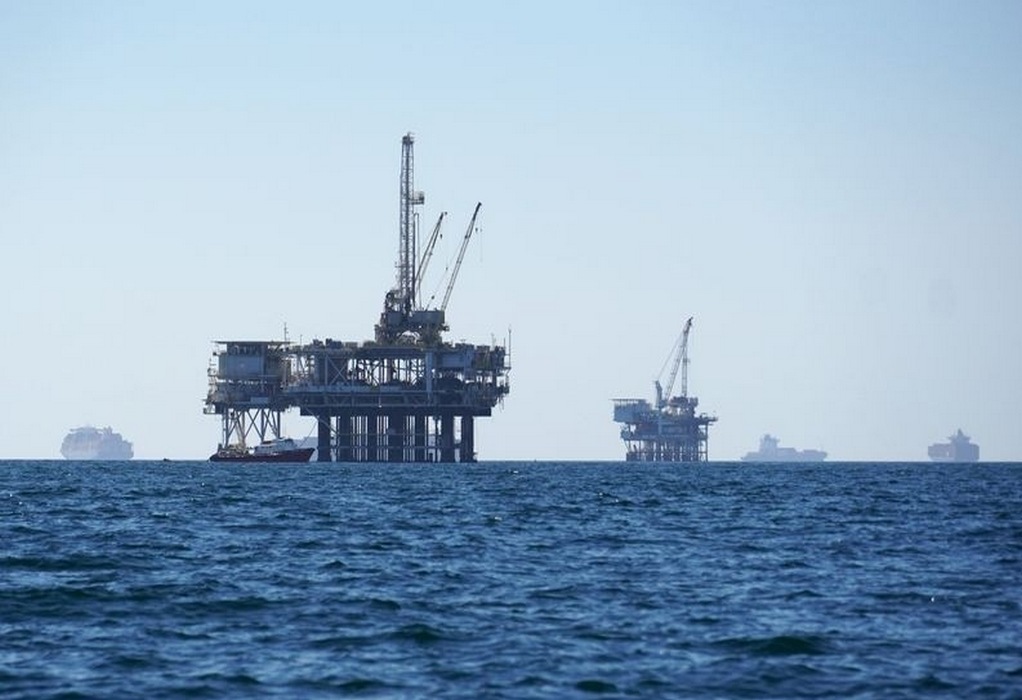Global CO2 emissions are projected to reach 41.2 billion tons by 2024, despite significant efforts to reduce fossil fuel reliance.
The recent COP29 conference in Baku highlighted the urgent need for stronger climate policies as leaders like UK PM Keir Starmer reaffirmed commitments to greenhouse gas reduction.
Fossil fuels—coal (41%), oil (32%), and gas (21%)—remain primary contributors to emissions. China leads with 12 billion tons (32% of global emissions), followed by the U.S. (13%) and India (8%). Land use changes, particularly deforestation, are expected to add another 4.2 billion tons of CO2.
While Britain’s closure of its last coal power station marks progress, a global shift to renewable energy sources such as solar and geothermal is critical. Innovations like carbon capture and storage (CCS) could reduce industrial emissions by up to 90%.
To meet the Paris Agreement goals, immediate and substantial cuts in fossil fuel use are essential. Current trends indicate that without drastic reductions, global warming may exceed the 1.5°C target within six years.
Tags: COP29, FossilFuel, Global CO2 emisions



Recent Posts
Port of Brisbane Unveils Vision 2060 to Drive Smarter, Cleaner, and More Connected Future
Wärtsilä to Deliver Hybrid Propulsion Systems for Vertom Group’s New Low-Emission Vessels
Latvian port receives electric Konecranes Gottwald Mobile Harbor Crane
Sustainable Ocean Economy Vital for Human Development, Says UNDP at UN Ocean Conference
Green Hydrogen Costs in India Could Drop by 40%, Says IEEFA-JMK Report
Cavotec Secures €1.55 Million Shore Power Contract for Port of Antwerp-Bruges
APM Terminals and SANY Marine sign landmark agreement to accelerate decarbonisation
The Port of Gothenburg takes big step towards shore power connection for container and car/RoRo vessels